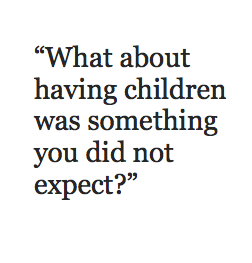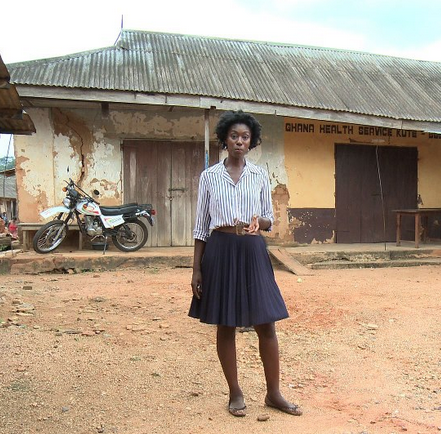I was recently asked: “What about having children was something you did not expect?” It was a good question. I had to think for a bit. Many things were just as expected: The joy of seeing your children run towards you, the tiredness you feel from never ever getting to sleep enough, the 1000s of photos (10,000s?) on my hard drive of every single cute thing they do, feeling conflicted when I leave the house without them, singing my childhood songs with them. But what was a surprise?
After wading through my sleep deprived and sluggish mind, I found a recurring surprise in relation to my oldest child, a talkative five year old (I hear they all are talkatives). The frequency of which she thinks and talks about the miracle of her being my child is a surprise. How many times she asks: “was I really in your tummy?” or exclaims “min mamma”, “my mommy” with an emphasis on our bond. I think I had somehow expected that my child would take her being alive, her coming from my tummy, her being our child, as a given as she knows nothing else.
That a kindergarten aged child is able to reflect on the miracle of life, and does so almost every day, was a surprise. And a surprise that amazes and thrills me. I am happy to entertain this rather deep and at the same time basic thought. I reread her favorite books in the genre “Hur jag blev till”, “How I was made”. She often asks for and can listen to the story of her own birth time and time again.
 Maybe all of this is a reflection of my own fascination with the serendipity of life and the magic that mysteriously brings us our little ones, but then still it blows my mind that my child is in a sense just like me! At the age of five!
Maybe all of this is a reflection of my own fascination with the serendipity of life and the magic that mysteriously brings us our little ones, but then still it blows my mind that my child is in a sense just like me! At the age of five!
This post is listed under the category Parenting and is part of my effort to write more about my children on the blog.



